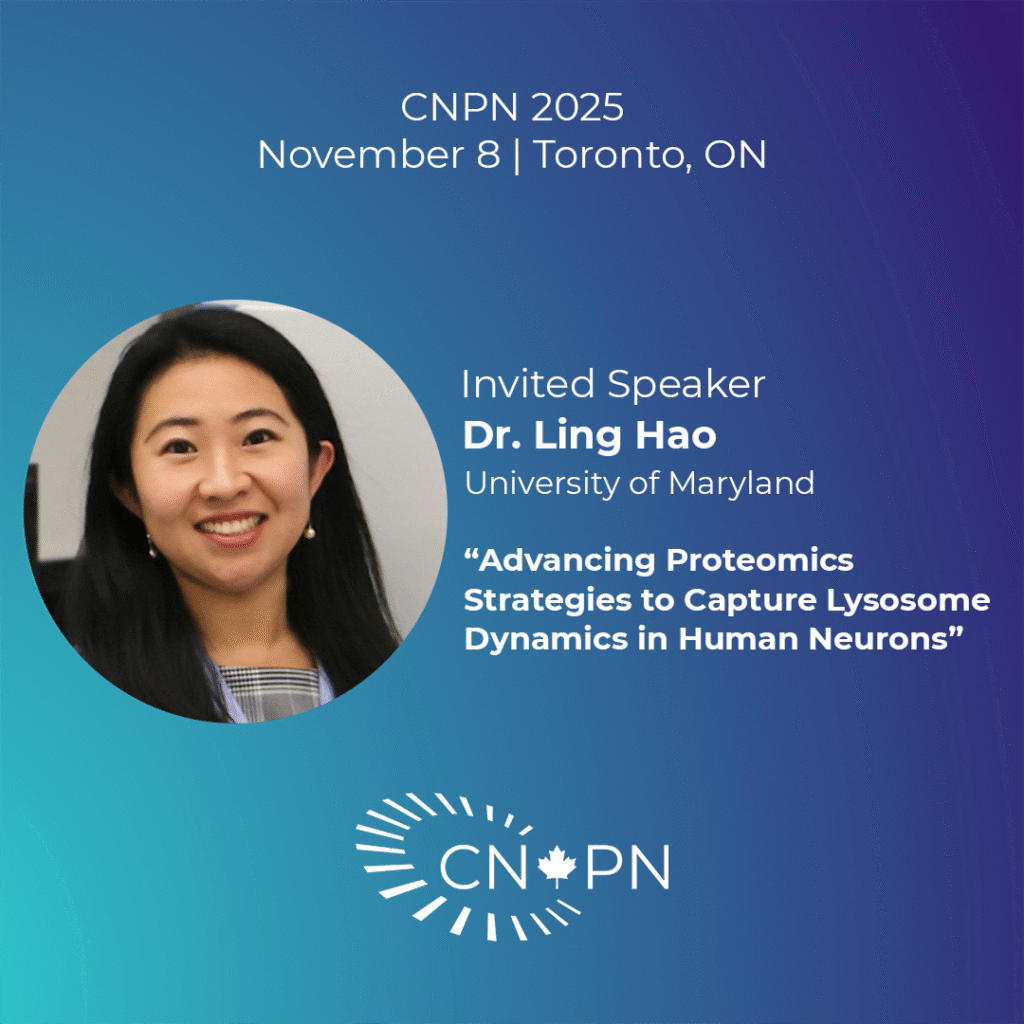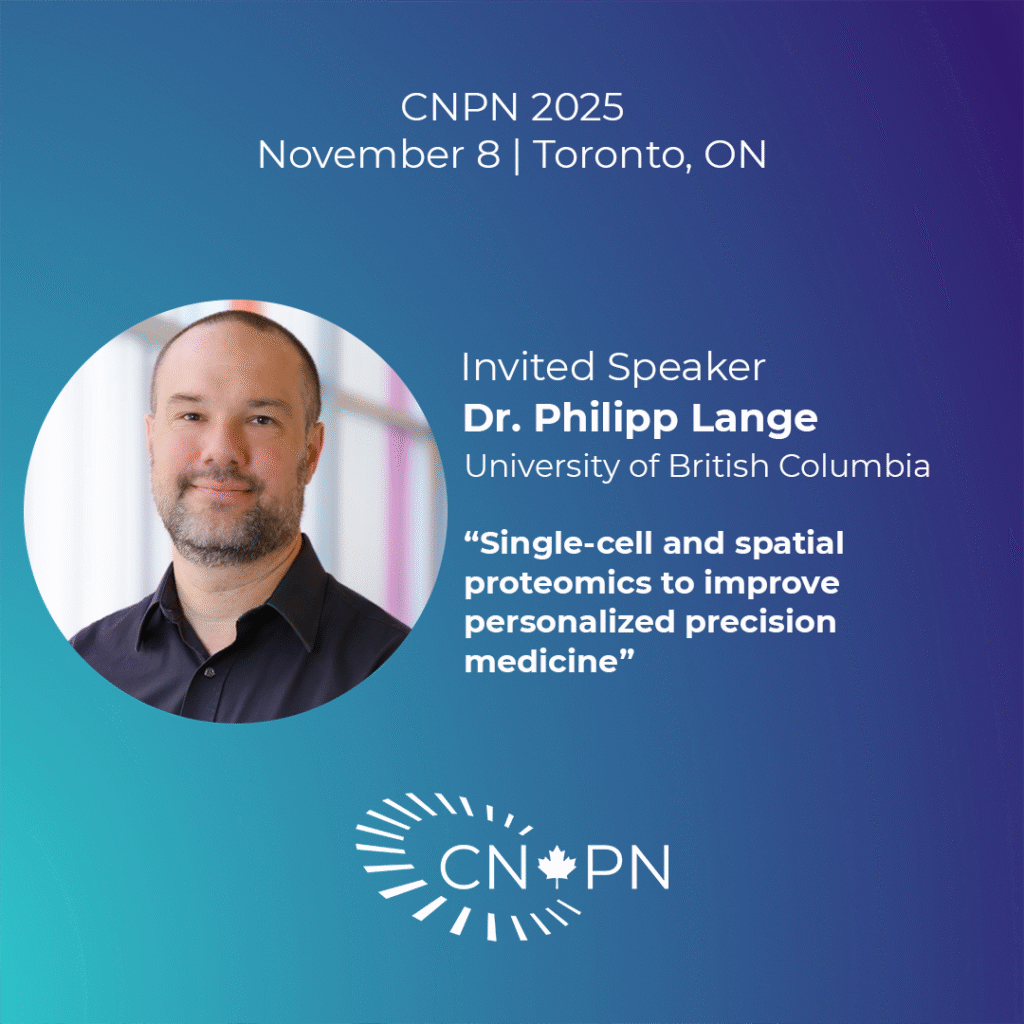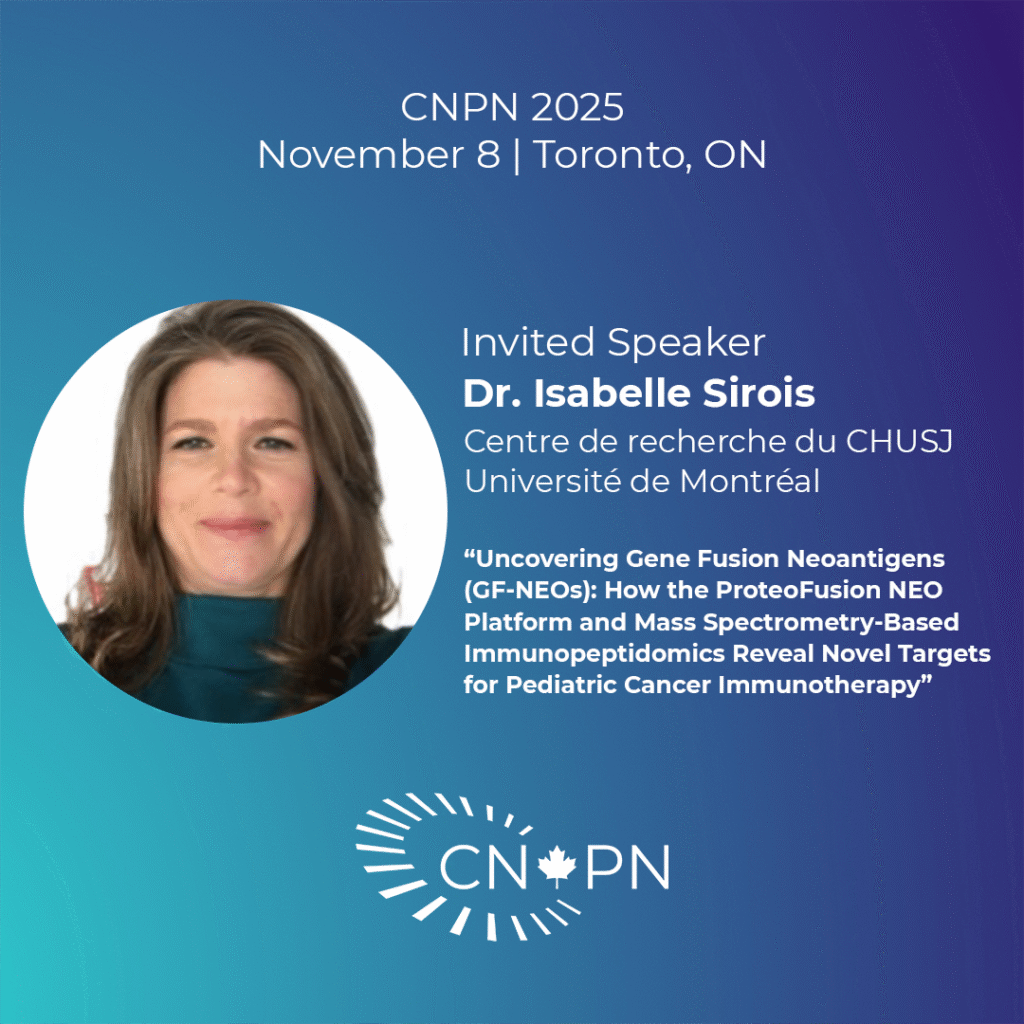CNPN 2025
Toronto, ON, Canada
November 8th, 2025
Thomas Kislinger received his MSc in Analytical Chemistry from the University of Munich, Germany (1998). He completed his PhD in 2001, investigating the role of Advanced Glycation Endproducts in diabetic vascular complications at the University of Erlangen, Germany and Columbia University, New York. Between 2002 and 2006 he completed a post-doctoral fellowship at the University of Toronto. In 2006 he joined the Princess Margaret Cancer Centre as an independent investigator. Dr. Kislinger is a Senior Scientist at the Princess Margaret Cancer Centre and a Professor at the University of Toronto in the Department of Medical Biophysics. Dr. Kislinger serves as Associate Editor for the Journal of Proteome Research. The Kislinger lab applies proteomics technologies to translational and basic cancer biology. This includes the development of novel proteomics methodologies, identification of liquid biopsy signatures and the molecular identification of novel cell surface markers. Dr. Kislinger has published 200 manuscripts that have been cited over 32,000 times.
CNPN2025 will be held on November 8th to kick off HUPO2025 !
Meet our keynote speaker

Dr. Thomas Kislinger
Princess Margaret Cancer Center
University of Toronto
Thomas Kislinger received his MSc in Analytical Chemistry from the University of Munich, Germany (1998). He completed his PhD in 2001, investigating the role of Advanced Glycation Endproducts in diabetic vascular complications at the University of Erlangen, Germany and Columbia University, New York. Between 2002 and 2006 he completed a post-doctoral fellowship at the University of Toronto. In 2006 he joined the Princess Margaret Cancer Centre as an independent investigator. Dr. Kislinger is a Senior Scientist at the Princess Margaret Cancer Centre and a Professor at the University of Toronto in the Department of Medical Biophysics. Dr. Kislinger serves as Associate Editor for the Journal of Proteome Research. The Kislinger lab applies proteomics technologies to translational and basic cancer biology. This includes the development of novel proteomics methodologies, identification of liquid biopsy signatures and the molecular identification of novel cell surface markers. Dr. Kislinger has published 200 manuscripts that have been cited over 32,000 times.












